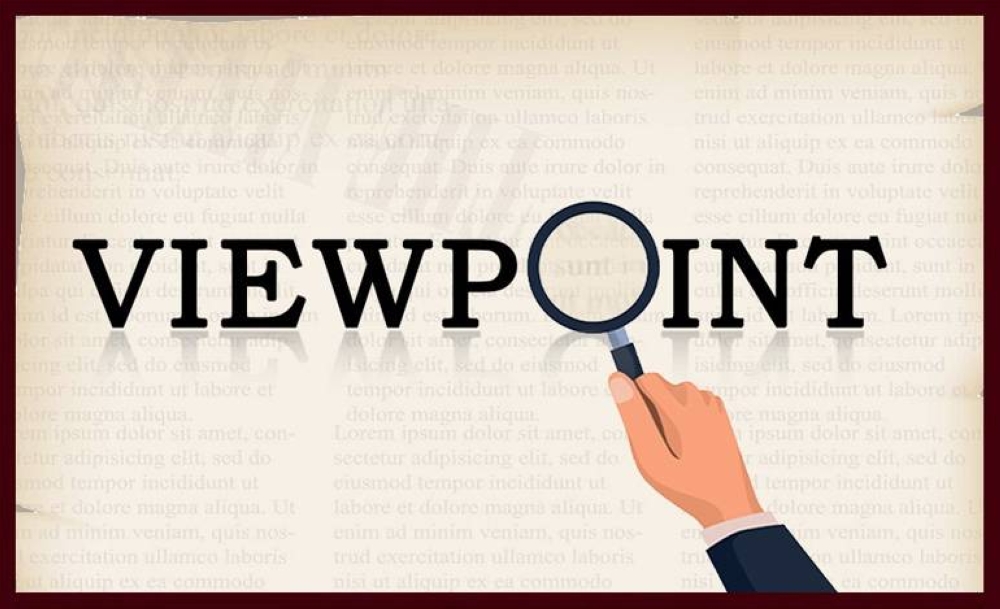President Vladimir Putin has drawn a “red line” for the US and its allies by signalling that Moscow will consider responding with nuclear weapons if they allow Ukraine to strike deep inside Russia with long-range Western missiles.
But some in the West are asking: does he actually mean it? The question is critical to the course of the war. If Putin is bluffing, as Ukraine and some of its supporters believe, then the West may feel ready to deepen its military support for Kyiv regardless of Moscow’s threats.
If he is serious, there is a risk — repeatedly stated by Moscow and acknowledged by Washington — that the conflict could turn into World War Three.
In the latest in a long series of warning signals, Putin on Wednesday extended the list of scenarios that could lead to Russia using nuclear weapons.
It could do this, he said, in response to a major cross-border conventional attack involving aircraft, missiles or drones. A rival nuclear power that supported a country attacking Russia would be considered a party to that attack.
Both those criteria apply directly to the situation that would arise if the West allows Ukraine to strike deep inside Russian territory with Western long-range missiles such as US ATACMS and British Storm Shadows, something Putin has said would need Western satellite and targeting support.
“It was a very clear message: ‘Don’t make a mistake — all these kind of things may mean nuclear war,’” said Nikolai Sokov, a former Soviet and Russian diplomat.
Bahram Ghiassee, a London-based nuclear analyst at the Henry Jackson Society think-tank, linked the timing of Putin’s remarks to Ukraine’s lobbying of the West for long-range missiles and the fact that President Volodymyr Zelensky is making his case to US President Joe Biden this week.
“Putin is saying: just stop it right there,” Ghiassee said.
Reaction from Kyiv was swift, with Zelensky’s chief of staff accusing Putin of “nuclear blackmail”.
“In my opinion, this is yet another bluff and demonstration of Putin’s weakness. He will not dare to use nuclear weapons because that will make him a complete outcast,” Anton Gerashchenko, a former adviser to Ukraine’s internal affairs minister, said on X.
US Secretary of State Antony Blinken said Putin’s warning was irresponsible and poorly timed, and that it was not the first time he had been “rattling the nuclear sabre”.
Andreas Umland, an analyst at the Swedish Institute of International Affairs, accused Putin of playing mind games.
“This is a psychological PR operation, by the Kremlin, without much substance. It is designed to scare leaders & voters of countries supporting Ukraine,” he wrote.
Fabian Hoffmann, a doctoral research fellow and defence expert in Oslo, said he did not believe Putin’s comments could be ignored, but that it was important not to overreact.
“Russian nuclear use is not imminent,” he said on X. “Concern is warranted only when Russia signals actual preparations.” Hoffmann said next steps could be removing warheads from storage and pairing them with delivery vehicles for a tactical strike, before ratcheting up preparations for large-scale nuclear use by readying silos and putting bombers on alert — all of which US intelligence agencies would detect.
And Russia security expert Mark Galeotti wrote: “Talk is easy and has political impact, but evidence of actual willingness to use nuclear weapons is both absent and something we can detect if it ever happens.”
Nevertheless, Putin was more specific than in the past about the circumstances that could prompt nuclear use. His spokesman said on Thursday that his comments were meant as a signal to Western countries that there would be serious consequences if they participated in attacks on Russia.
Opinion
Putin draws a nuclear red line for the West
“Concern is warranted only when Russia signals actual preparations”

